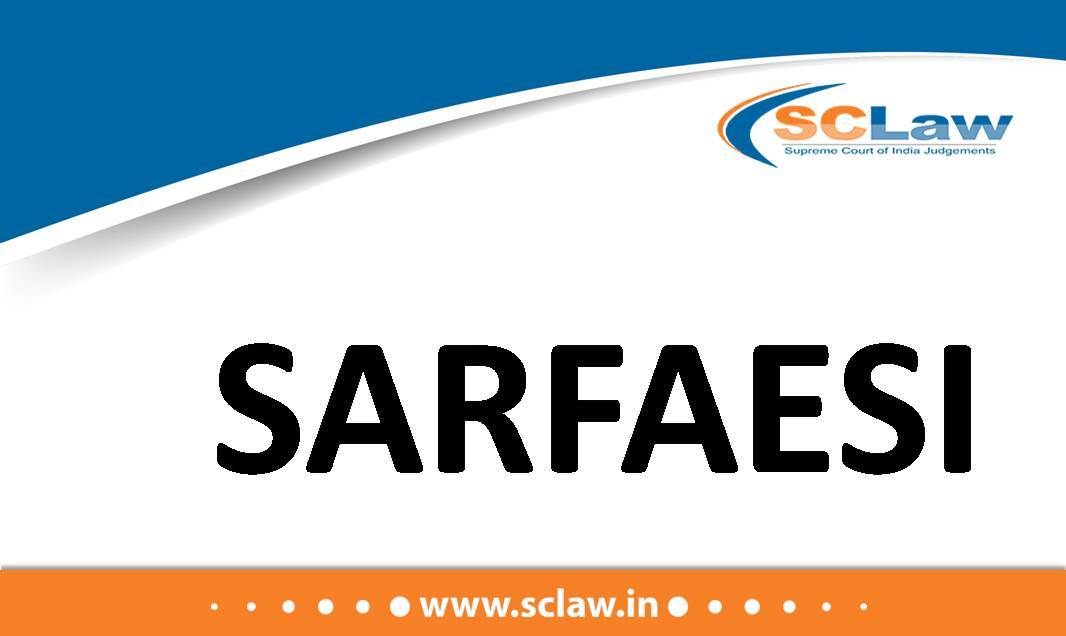Electricity Act, 2003 – Section 125 – Electricity Supply Act, 1948 – Section 43(A) – Determination of tariff for sale of electricity by the generating company to the Electricity Boards – Agreement between the parties was that interest on the sum of Rs. 53.90 crores was payable for the specified period 01.07.2003 to 31.12.2009 -Therefore, CLP’s claim that any amount was payable, for any period prior to 01.07.2003, was not tenable
SUPREME COURT OF INDIA FULL BENCH CLP INDIA PRIVATE LIMITED — Appellant Vs. GUJARAT URJA VIKAS NIGAM LTD AND ANOTHER — Respondent ( Before : Arun Mishra, Vineet Saran and…










